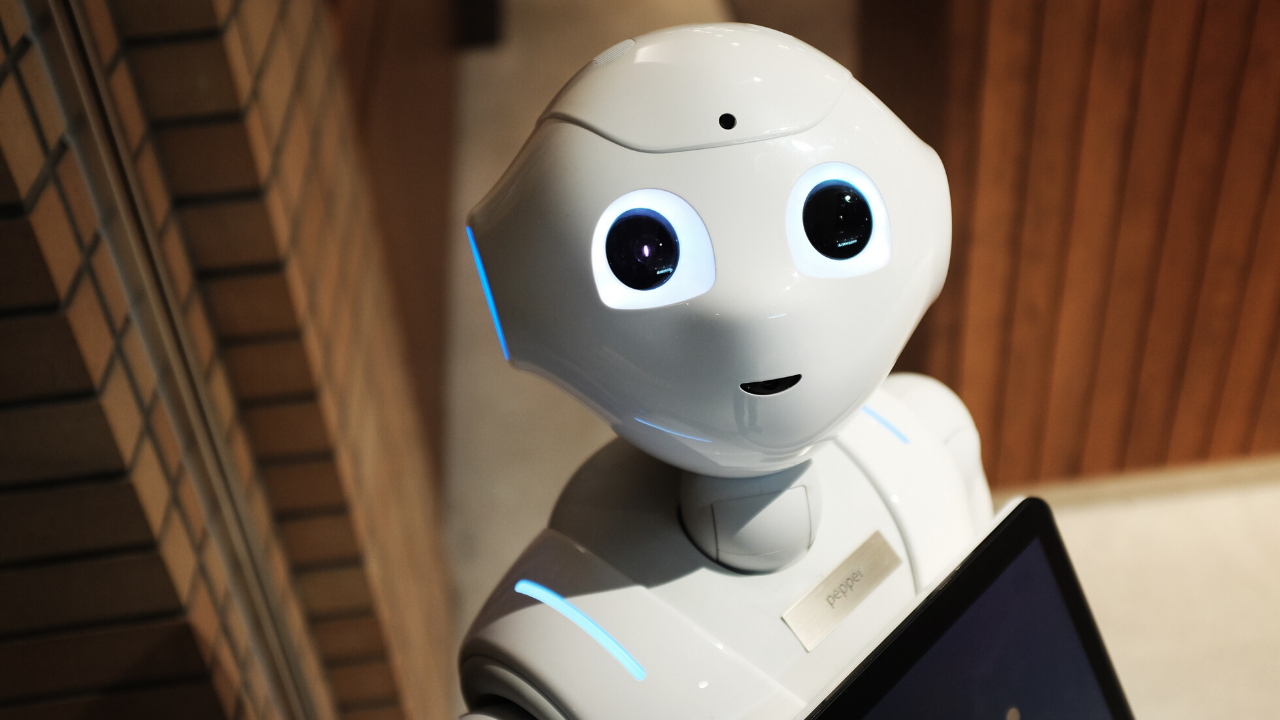A McKinsey report has predicted that 50% of current work activities are technically automatable, meaning that over half the jobs in the U.S. have the potential to be done by machines.
While this fact might seem worrisome, it does not entail that the robots are taking over. Rather, the world will always need humans to invent, innovate and empathize.
Regardless, it is clear that humans need to upskill and learn new tasks in order to push the boundaries of innovation. So how can HR prepare workers for changes that have yet to happen?
First, it is clear that repetitive and predictable jobs will fade away, but nonroutine work will persist. Being able to look at problems from different perspectives and offer meaningful connections will always hold value in the workplace. Being able to continually grow and learn will be a vital skill for employees, so companies should focus on skill development now to prepare for the transforming work landscape.Additionally, creating a culture of development through attainable goals, performance targets and feedback should be an ongoing thing throughout the year, rather than annually.
Companies should perform continuous employee development, which are regular check-ins and performance reviews that allow workers to improve their skills more steadily. Research has shown that continuous performance management using conversations, feedback and recognition motivates workers and creates gradual improvements.



 Dr. Gleb Tsipursky – The Office Whisperer
Dr. Gleb Tsipursky – The Office Whisperer Nirit Cohen – WorkFutures
Nirit Cohen – WorkFutures Angela Howard – Culture Expert
Angela Howard – Culture Expert Drew Jones – Design & Innovation
Drew Jones – Design & Innovation Jonathan Price – CRE & Flex Expert
Jonathan Price – CRE & Flex Expert











